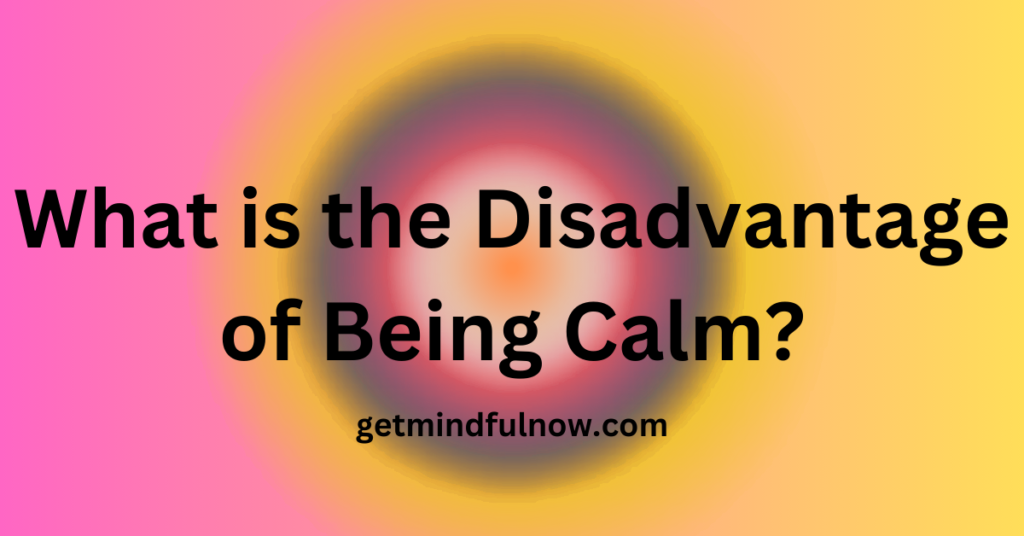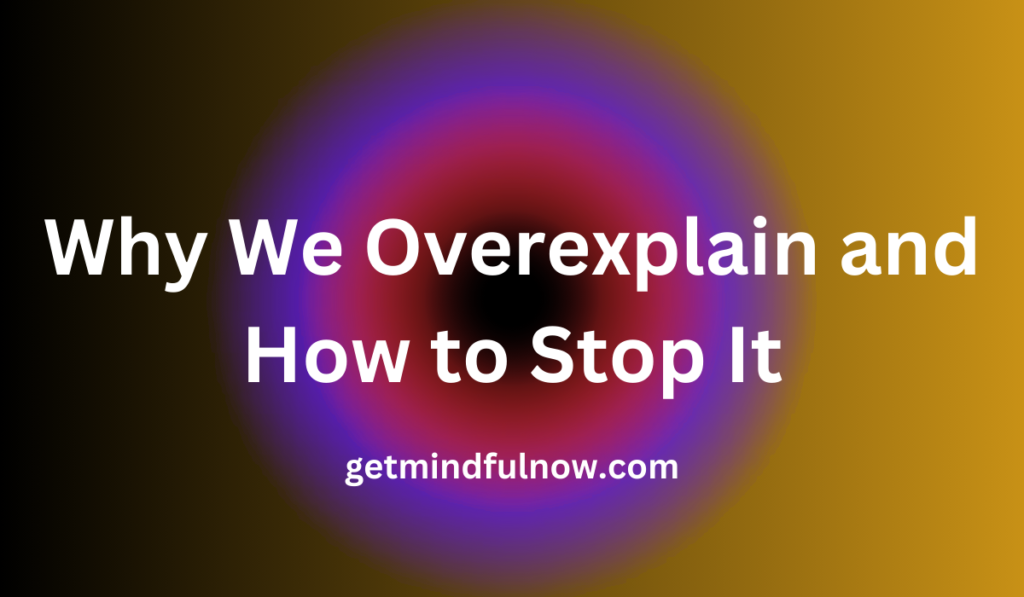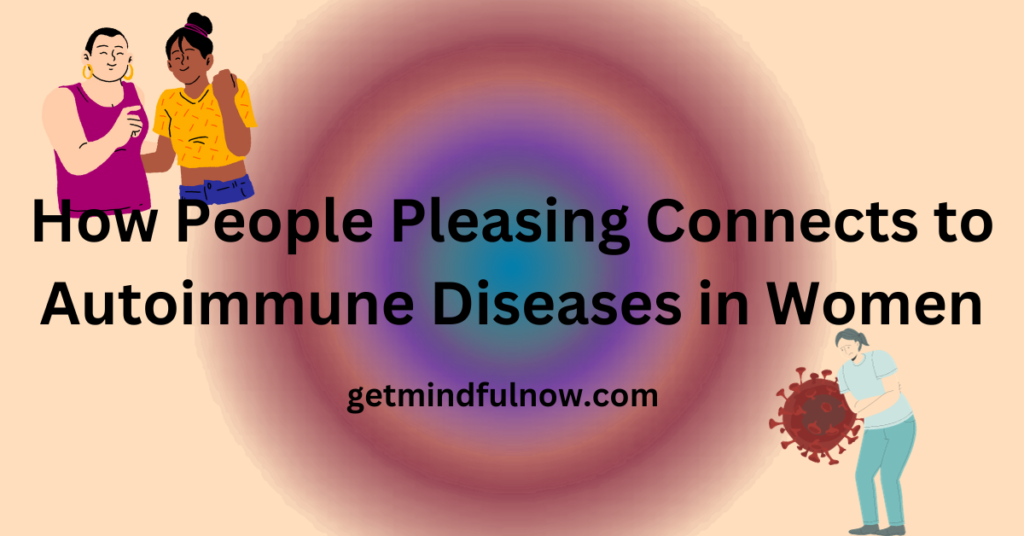As I embarked on my personal development journey, my approach to life turned hedonistic. Constantly monitoring my emotional state led to a belief that feeling bad meant something was wrong. This pleasure-focused lifestyle left me drained, questioning the ideals of positive psychology and life mentors. However, as I delved deeper into life’s teachings, I discovered a fundamental truth: ‘We cannot be happy all the time.’
In this article, we’ll explore the pursuit of happiness and uncover the essence of leading a joyful life without the pressure of constant happiness.
Table of Contents
The Pursuit of Happiness
Seeking happiness is the most common thing every human being has. We’re wired to seek joy, contentment, and fulfillment in our lives. However, amidst this pursuit, the idea of being happy all the time remains an elusive concept.

Understanding Emotional Dynamics
The Human Emotional Spectrum
Emotions are complex and varied, constituting a spectrum that encompasses joy, sadness, anger, fear, jealousy, and more. This diversity is intrinsic to the human experience.
Embracing Emotional Fluidity
Acknowledging that emotions fluctuate is crucial. Rather than aiming for a constant state of happiness, embracing emotional fluidity allows for a healthier perspective on one’s emotional landscape.

The Illusion of Constant Happiness
The Nature of Emotions
Feeling down is normal; it’s okay not to feel happy all the time. It’s a vital part of life where we might feel stuck, experience sadness, or even anger. Imagine if we only felt joy—how would we grow and improve?
Our negative emotions are teachers, offering us opportunities to become more valuable. They allow us to learn and evolve into better versions of ourselves.
Emotions are transient; they ebb and flow, responding to life’s circumstances. Expecting perpetual happiness overlooks the natural rhythm of emotions and you might miss living life.
Society’s Pressure for Perpetual Happiness
Social norms often perpetuate the myth that being happy all the time is attainable. Media, societal expectations, and social comparisons contribute to this unrealistic standard.

Online, we often assume others have overcome life’s pains as we see their ‘perfect’ lives. But that’s not the truth. Social media showcases only a filtered fraction of their lives, hiding the pain and struggles, just like any regular person.
Learning about a celebrity’s suicide or seeing someone seemingly perfect on social media sharing their depression can be shocking. We question: How could they, with their wealth, fame, beautiful partner, and kids, feel this way?
However, reality teaches us that someone might appear put together but lack authenticity. Without living authentically, they can’t guarantee constant happiness. Authenticity bridges the gap between our inner feelings and how we present ourselves to the world.
Acceptance: A Key to Emotional Well-being
Embracing a Balanced Emotional State
There isn’t a person on Earth who hasn’t experienced negative emotions. As I mentioned earlier, how can we grow without experiencing sadness, failure, or feeling stuck?
Our emotions convey messages about what we need to evolve, and this process is ongoing throughout life.
Legend has it that at the age of 87, Michelangelo’s final words were, “Ancora imparo,” which in Latin means “I am still learning.” This phrase reflects his enduring commitment to lifelong learning and growth even in his later years.
Accepting the entire spectrum of emotions fosters emotional intelligence and resilience. It involves acknowledging and understanding emotions without judgment.

Your emotions are part of being human, not something to be fixed or dismissed. It’s okay not to feel happy all the time—our minds naturally shift in response to life’s moments, and each feeling has a purpose, a message to convey.
Here’s how to embrace those moments when happiness isn’t around, understand what your emotions are trying to tell you, and move towards a life that brings you contentment:
- Acknowledge the feeling and give yourself a moment to find balance.
- Ask yourself, “What does this feeling reveal about what matters to me? How can it guide me?”
- Instead of letting the feeling dictate your reaction, listen to its message. Choose to take a step aligned with your values and what’s important to you.
Cultivating Resilience
Negative emotions often stem from life events we’ve encountered. Resilience, however, allows us to bounce back with a stronger sense of purpose.
Developing resilience allows individuals to navigate life’s challenges, embracing adversity as an opportunity for growth rather than viewing it as a barrier to happiness.
Finding Meaning in Life’s Ups and Downs
Pursuing Fulfillment Beyond Happiness
Fulfillment transcends momentary happiness. Creating an authentic self, making intentional choices about life, and engaging in meaningful activities and connections contribute to a deeper sense of purpose and contentment.
Martin Seligman, the pioneer of positive psychology, defines happiness as more than just fleeting moments of joy or excitement. According to him, true happiness involves experiencing positive emotions frequently while also having a deeper sense of purpose. It’s about feeling content with the present while maintaining an optimistic outlook for the future.
Happiness isn’t something that simply arrives; it’s earned by embracing our true selves without hiding parts of who we are. It’s not about acquiring material possessions to cover up those aspects.
The Role of Adversity in Growth
Challenges and setbacks are integral to personal development. Even when experiencing happiness, feeling down, suffering, and despair occasionally is part of our human growth process. Overcoming obstacles can lead to profound self-discovery and resilience-building experiences.
Conclusion
One of the unrealistic expectations in life is the constant pursuit of happiness. Rather than a fleeting feeling, happiness is a journey—a road we navigate by making mindful choices aligned with our true selves, even if they’re not understood by others.
Along this path, we encounter suffering, sadness, and grief. These emotions are integral to our human experience; no one is exempt. It’s important to realize that feeling happy all the time isn’t the norm for us as humans. We’re not designed to be perpetual happiness machines.
Embracing emotional fluidity, accepting the spectrum of emotions, and finding meaning beyond happiness are pathways to a more fulfilling life.
FAQs
- Is it normal to not feel happy all the time? Absolutely! It’s entirely normal not to feel happy constantly. Emotions are diverse and fluctuate naturally based on various life circumstances. Expecting perpetual happiness isn’t realistic; instead, embracing the natural ebb and flow of emotions leads to a more balanced perspective on life.
- Can embracing sadness lead to personal growth? Indeed, embracing sadness can facilitate personal growth. Sadness, like any emotion, holds valuable lessons. It allows introspection, and understanding, and often leads to profound self-discovery. Through navigating and understanding sadness, individuals can develop resilience and deeper emotional intelligence.
- How does societal pressure impact our perception of happiness? Societal pressure heavily influences our perception of happiness. Media, cultural norms, and social comparisons often project an idealized image of constant happiness. This portrayal creates unrealistic expectations, leading to feelings of inadequacy when individuals don’t meet these standards.
- Is constant happiness achievable? Constant happiness, as an enduring emotional state, is not achievable. Emotions naturally fluctuate, encompassing a wide spectrum of feelings. While joy is a part of life, embracing the entirety of emotions, including sadness or frustration, contributes to a more authentic and fulfilling human experience.
- What role does resilience play in managing emotions? Resilience plays a pivotal role in managing emotions. It allows individuals to navigate life’s challenges without being overwhelmed. Developing resilience involves accepting and understanding emotions, learning from adversity, and bouncing back from setbacks. It fosters emotional strength and adaptability in facing life’s ups and downs.









I love how this blog gives a voice to important psychological issues It’s important to use your platform for good, and you do that flawlessly
Elegant and insightful, you tackle hard to understand issues like you’re dancing through words. Shall we dance some more?
Thanks and Why not.
I appreciate how you’ve explained things so clearly. It really helped me understand the topic better.
Reading The work is like watching the sunrise, a daily reminder of beauty and new beginnings.
You present hard to understand topics in a clear and engaging way, as if inviting me on an adventure of the mind.
This is the most thorough piece I’ve read on the topic. The dedication to research is admirable.
Most comprehensive article on this topic. I guess internet rabbit holes do pay off.
Brilliant piece of writing. It’s like you’re showing off, but I’m not even mad.
Stumbling upon this article was the highlight of my day, much like catching a glimpse of a smile across the room.
Thank you for consistently producing such high-high quality content.
The Writing is a go-to resource for me. Thanks for all the hard work!
I must admit, The depth of analysis is as attractive as The words. Great work has never looked so good.
This piece was beautifully written and incredibly informative. Thank you for sharing!